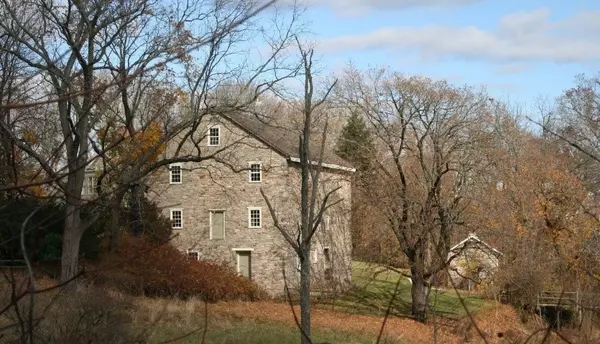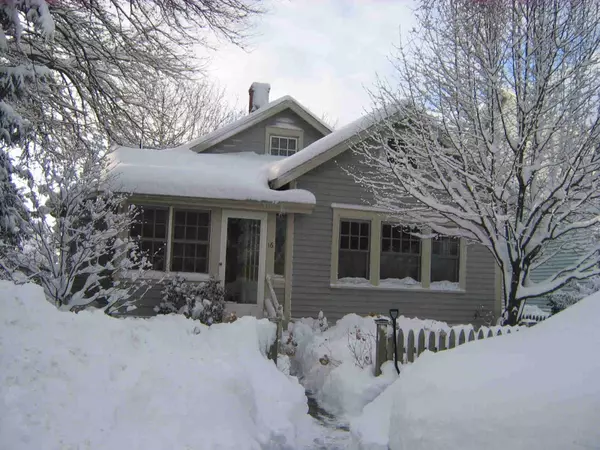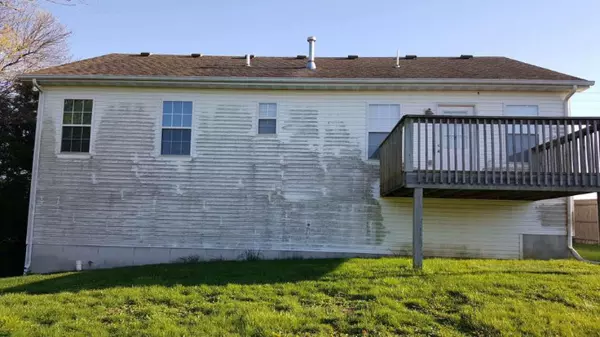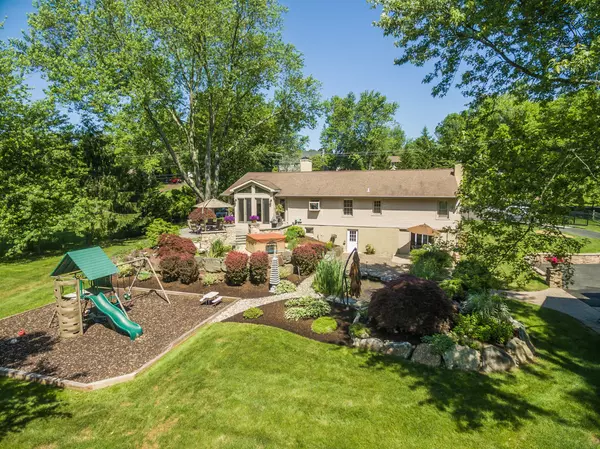Should I buy a generator for my house?
Electrical power outages are unavoidable in our area. “SnowTober” the Delaware River Floods and Hurricane Sandy, just to name a few, were all incidents that cause local power outages for a week or more in duration for many areas in Bucks County. So what’s a homeowner to do?
One increasingly popular option is to purchase a standby generator, also known as a whole-house generator. These power-producing machines are your own personal electrical power source. Within seconds of a blackout, a standby generator will automatically kick on to power your home’s electrical circuits. However, standby generators aren’t cheap and whether you should buy one or not isn’t an easy decision.
Generators come in lots of different sizes, and can be powered by either natural gas or liquid propane (LP).
One option is to get the largest unit available to power the entire house. Another approach is to buy a generator sized to power your home’s most essential electrical circuits, such as those connected to the furnace, kitchen appliances, well pump, water heater, security system, garage-door opener, and a few lights and outlets. These installations are often referred to as “partial-house generators.” House size is just one criterion for selecting a standby generator. The complexity of the home’s electrical system also plays a key role, especially if it has central air conditioning. It is a good idea to hire experienced electrician who will calculate your home’s anticipated electrical loads and recommend the right size generator.
Another consideration may be sound. If you live in a neighborhood of houses on smaller lots, the sound of your generator chugging along outside your neighbor’s bedroom window may cause an issue. If you live on a large lot this may not be as much of a factor in your decision making. Just remember that your generator will sound a lot like a Harley idling for hours on end.
Remember too that generators need TLC like most complicated machines. Like cars, standby generators run nonstop for many hours, so they have to be maintained as if they were, well, cars. Generally, bigger units require more care.
There are many factors that go into determining the final cost of a standby generator, which makes pinpointing an exact price difficult. However, a good general rule is that the final installed cost is usually twice the price of the generator.
Regardless of which size or type of standby generator you choose, it’s a significant investment, but one that many homeowners are willing to make to keep their home and family safe and comfortable during a power outage.
Categories
Recent Posts










GET MORE INFORMATION

